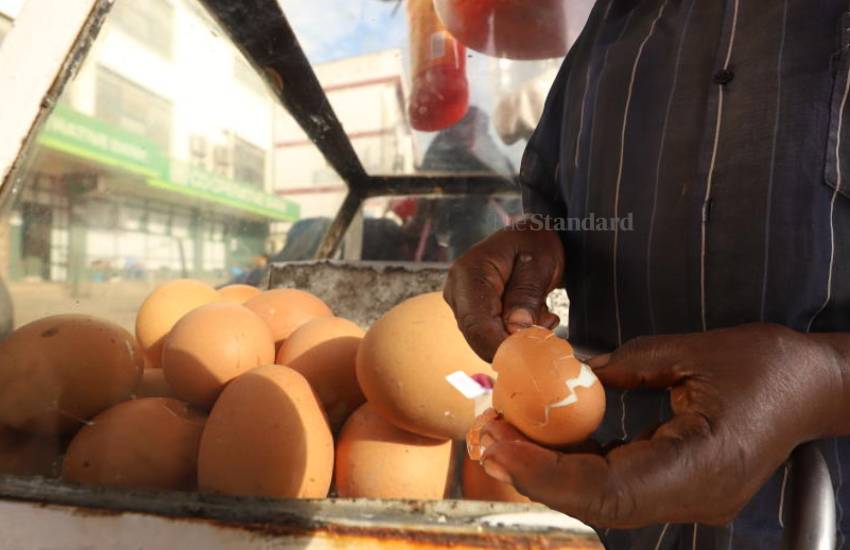×
The Standard e-Paper
Stay Informed, Even Offline

Such food is seen as a cheaper alternative. [Denish Ochieng, Standard]
Hard-up Kenyans are consuming unwholesome foods that expose them to life-threatening bacteria, The Standard can reveal. As the nation reels from the third wave of Covid-19 pandemic, coupled with mass layoffs from a contracting economy, many workers have turned to roadside food vendors for sustenance.